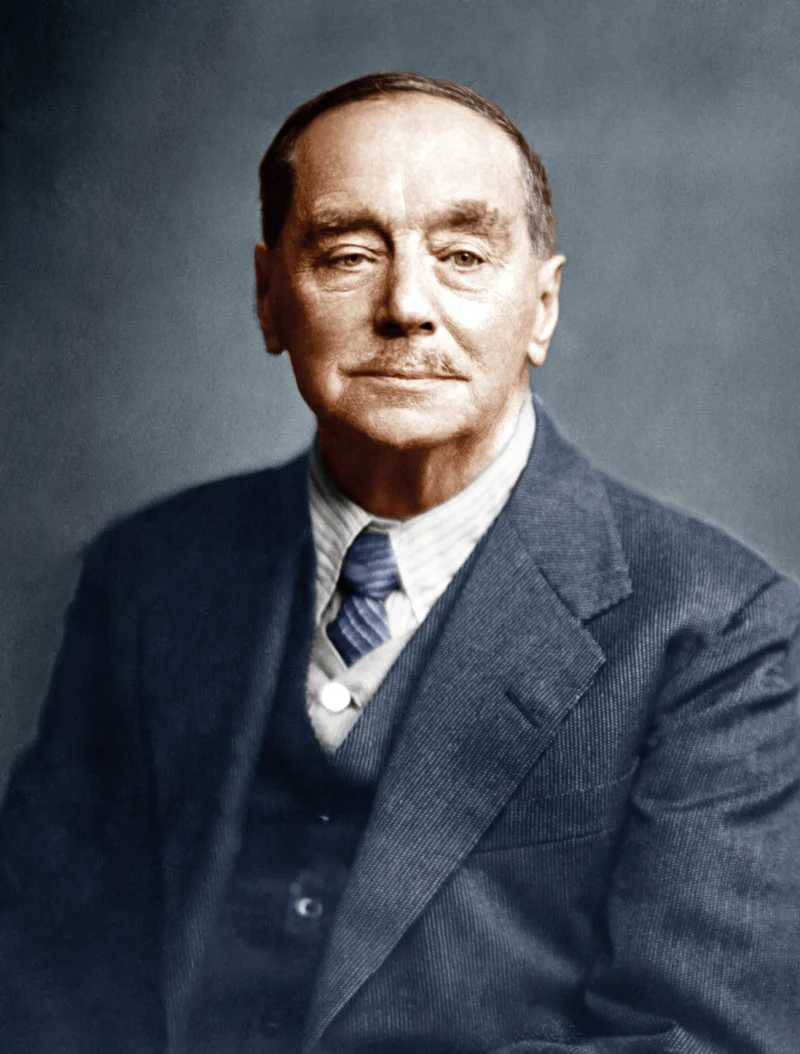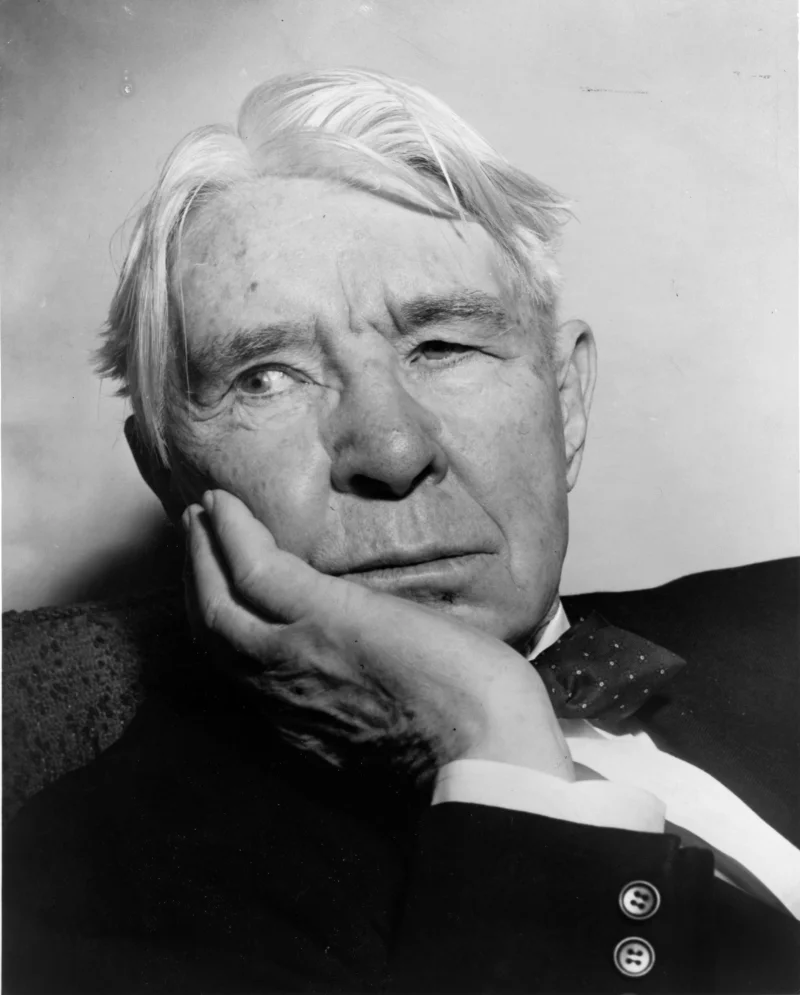Short Summary
Ian McEwan is a celebrated British novelist, renowned for his intricate narratives and psychological depth. He has garnered international acclaim for his works, which often explore complex emotional and ethical issues. McEwan's novels, such as "Atonement" and "Amsterdam," have received numerous awards and adaptations, solidifying his place in contemporary literature. His ability to weave compelling stories has earned him a devoted readership and critical success.
Early Life & Education
Born on June 21, 1948, in Aldershot, Hampshire, Ian McEwan was the son of a Scottish army officer. His childhood was marked by frequent relocations due to his father's military postings, including stints in Singapore and Libya. McEwan's early exposure to diverse cultures and environments influenced his worldview and literary themes. He attended Woolverstone Hall School in Suffolk before studying English literature at the University of Sussex, where he graduated with an honors degree in 1970. He later pursued a master's degree at the University of East Anglia, studying under celebrated writers such as Malcolm Bradbury and Angus Wilson, which significantly shaped his literary career.
Career Highlights
Ian McEwan's literary career began in the 1970s with the publication of his first collection of short stories, "First Love, Last Rites," which won the Somerset Maugham Award in 1976. His debut novel, "The Cement Garden," followed in 1978, establishing his reputation for dark and provocative storytelling. Over the years, McEwan has authored numerous critically acclaimed novels, including "The Comfort of Strangers," "Enduring Love," and "Atonement," the latter of which was shortlisted for the Booker Prize and adapted into an Oscar-winning film. His novel "Amsterdam" won the Booker Prize in 1998, further cementing his status as a leading contemporary author.
Major Achievements
- Won the Booker Prize in 1998 for "Amsterdam," highlighting his literary prowess.
- "Atonement" was adapted into a successful film, earning multiple Academy Award nominations.
- Received the Somerset Maugham Award in 1976 for "First Love, Last Rites."
- Regularly recognized as one of Britain's most influential writers, with numerous accolades.
Famous Quotes
- "One has to have the courage of one’s pessimism."
- "The act of reading is a partnership. The author builds a house, but it’s the reader who moves in."
Interesting Facts
- His early works often explored themes of childhood and adolescence with a dark twist.
- He was nicknamed "Ian Macabre" for the unsettling themes in his early stories.
- His novel "Saturday" reflects on the events surrounding the Iraq War and terrorism.
- McEwan's works have been translated into over 30 languages.
Legacy / Influence
Ian McEwan's contribution to modern literature is profound, with his works often dissecting the human psyche and societal norms. His storytelling prowess and ability to tackle complex themes have made him a significant figure in contemporary fiction. McEwan's novels continue to resonate with readers and inspire new generations of writers, solidifying his place as one of the most influential writers of his time.
FAQ
Q: Why is Ian McEwan famous?
A: He is famous for his critically acclaimed novels that explore intricate psychological and ethical themes.
Q: Which of his novels won the Booker Prize?
A: McEwan's novel "Amsterdam" won the Booker Prize in 1998.
Q: What is a notable adaptation of his work?
A: "Atonement" was adapted into a successful film that received multiple Academy Award nominations.











